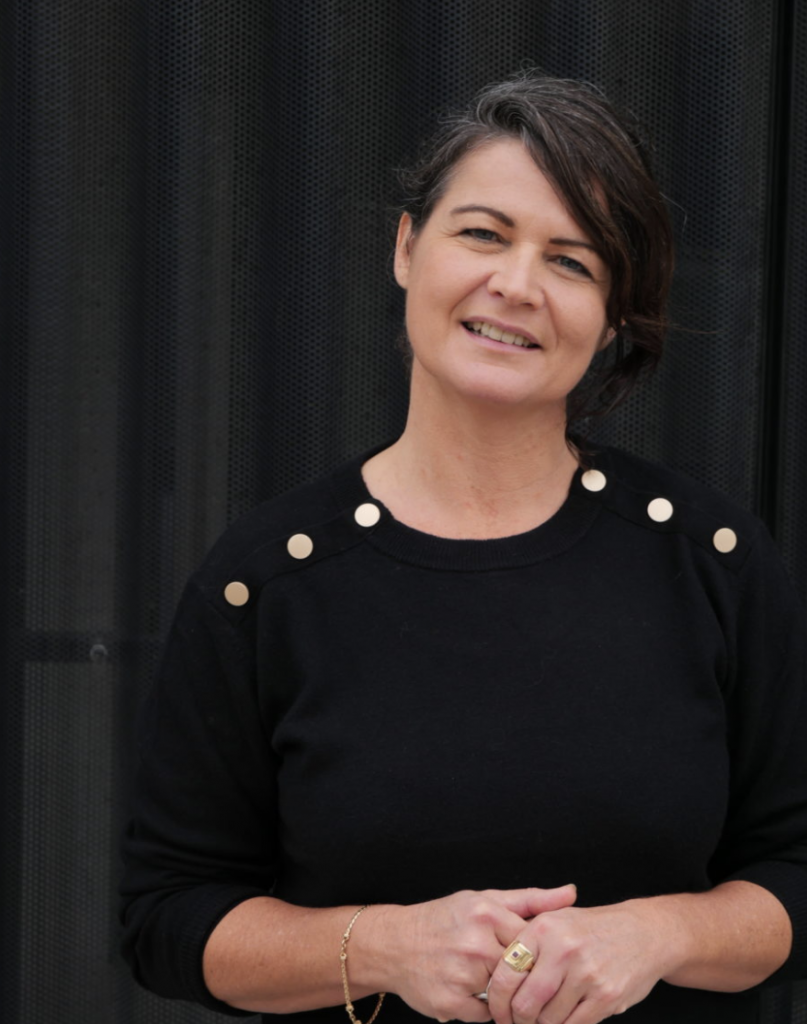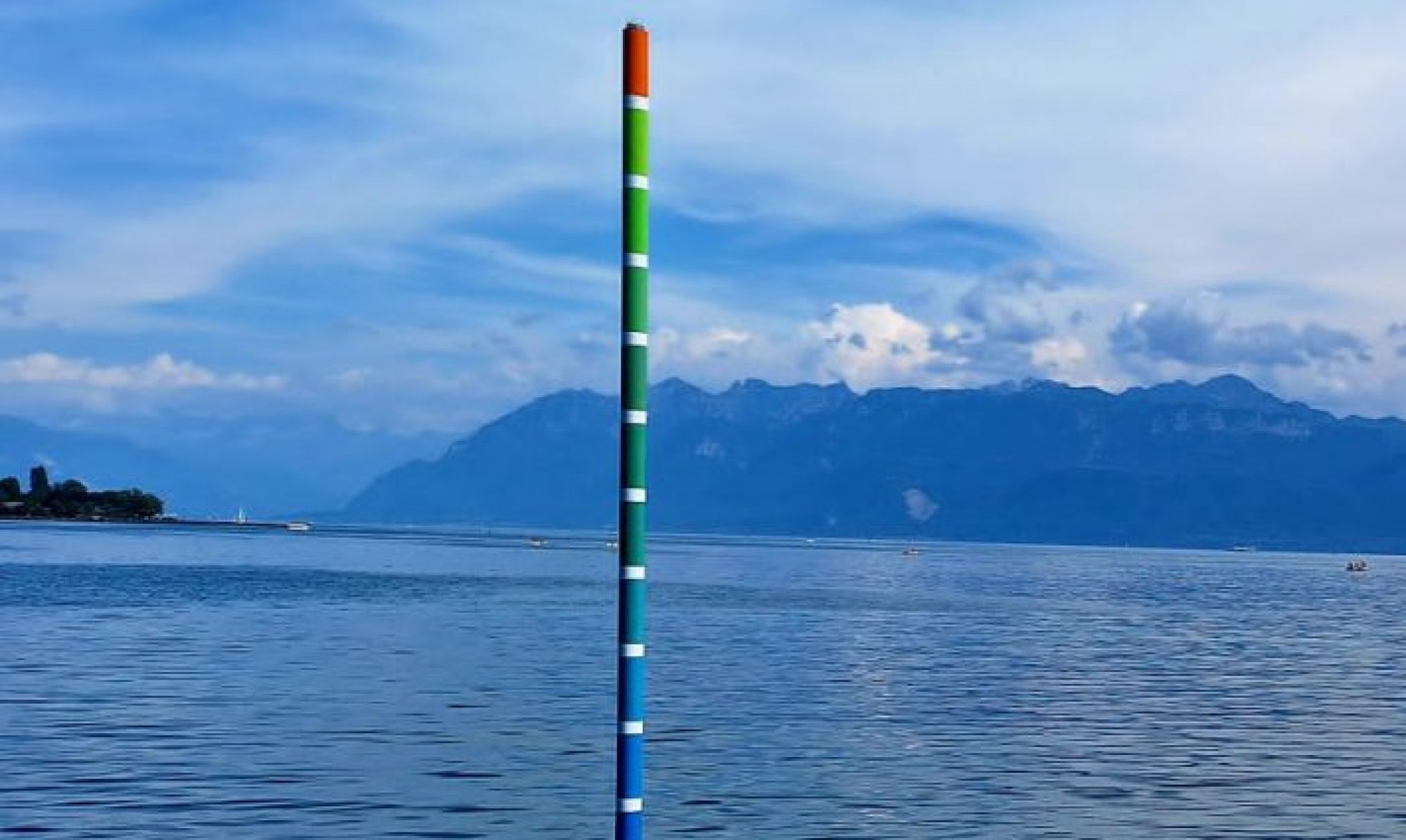
Contact: marie-elodie.perga@unil.ch
Office: Geopolis 3215
Research Interests
Trained as an isotope ecologist, I was first interested in lake food webs, specifically how trophic relationships at lower levels of the food web modify lakes’ biogeochemistry and fluxes. I then progressively moved to biogeochemistry, with a primary focus on carbon fluxes and oxygen processes in alpine and peri-alpine lakes. I love field work, I am not that good at lab work, and coding days feel like playtime. I am currently coming back to my first loves, through the GEN-Z and QUAGGA-MUFFIN programs.
Beyond research on lakes biogeochemistry and food webs, I develop side research topics related to the sustainability of the research process itself (the science yuou do with the brain and the guts):
Biography
I graduated in Cell and Molecular Biology from the Ecole Nationale Supérieure de Lyon and in Numerical Ecology at the university Lyon 1 in 2001. I then did my PhD at the Alpine Centre for Research on Lake Food webs (CARRTEL, French National Institute for Agronomical Research, France), where I started to work on carbon fluxes in lake food webs using stable isotope methods. in 2004,
I moved to the University of Victoria, BC (Canada) for a post-doc in A. Mazumder’s team to further my knowledge on food webs and trophic biomarkers. I got a junior research position at the UMR CARRTEL in 2006 and, from 2007, developed a large research program on Climate Change impacts on large, human-impacted lakes (IPER-RETRO) using paleo-ecological methods combined to statistical modelling. As a senior researcher, I extended my research to high-altitude lakes, adding high-frequency automated monitoring to my paleo- and field sampling toolbox. In January 2017, I got appointed Associate Professor in the University of Lausanne to build a research group at the Institute of Earth Surface Dynamics, and then Full Prof in 2022.
Recent Publications
See here
